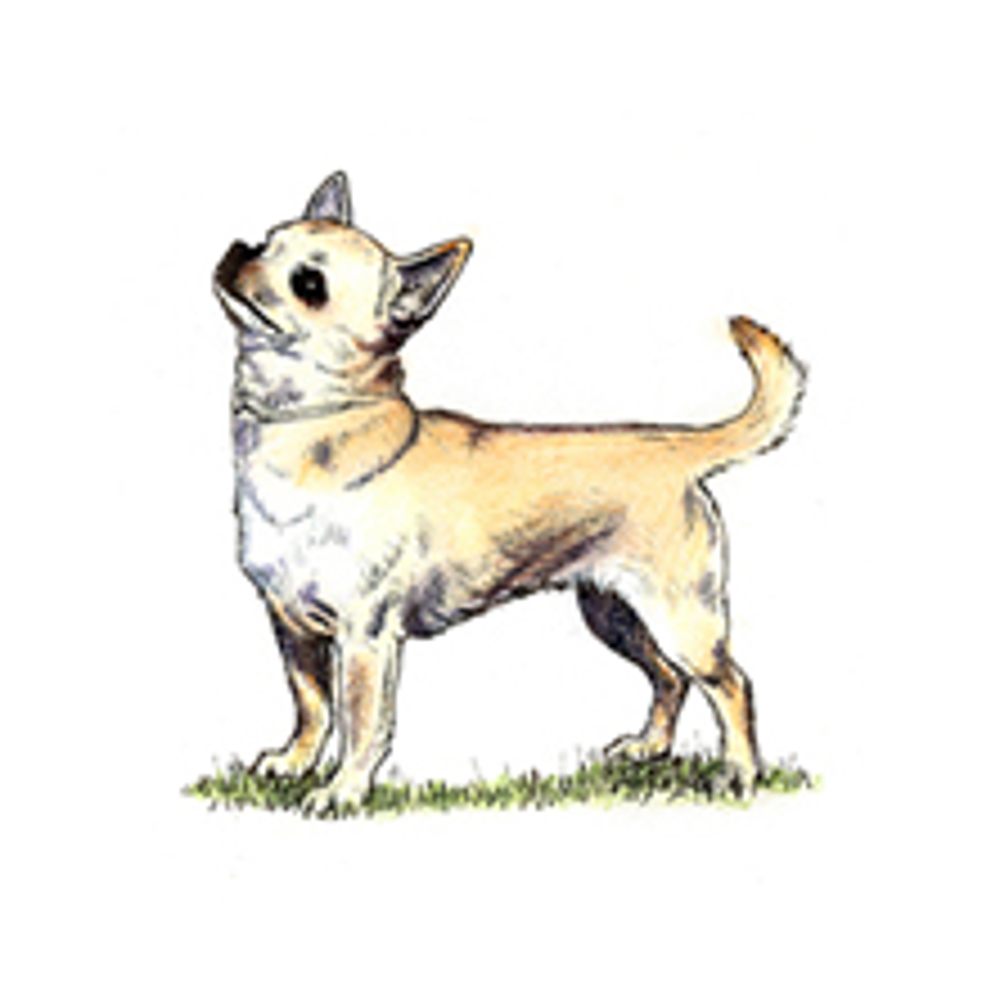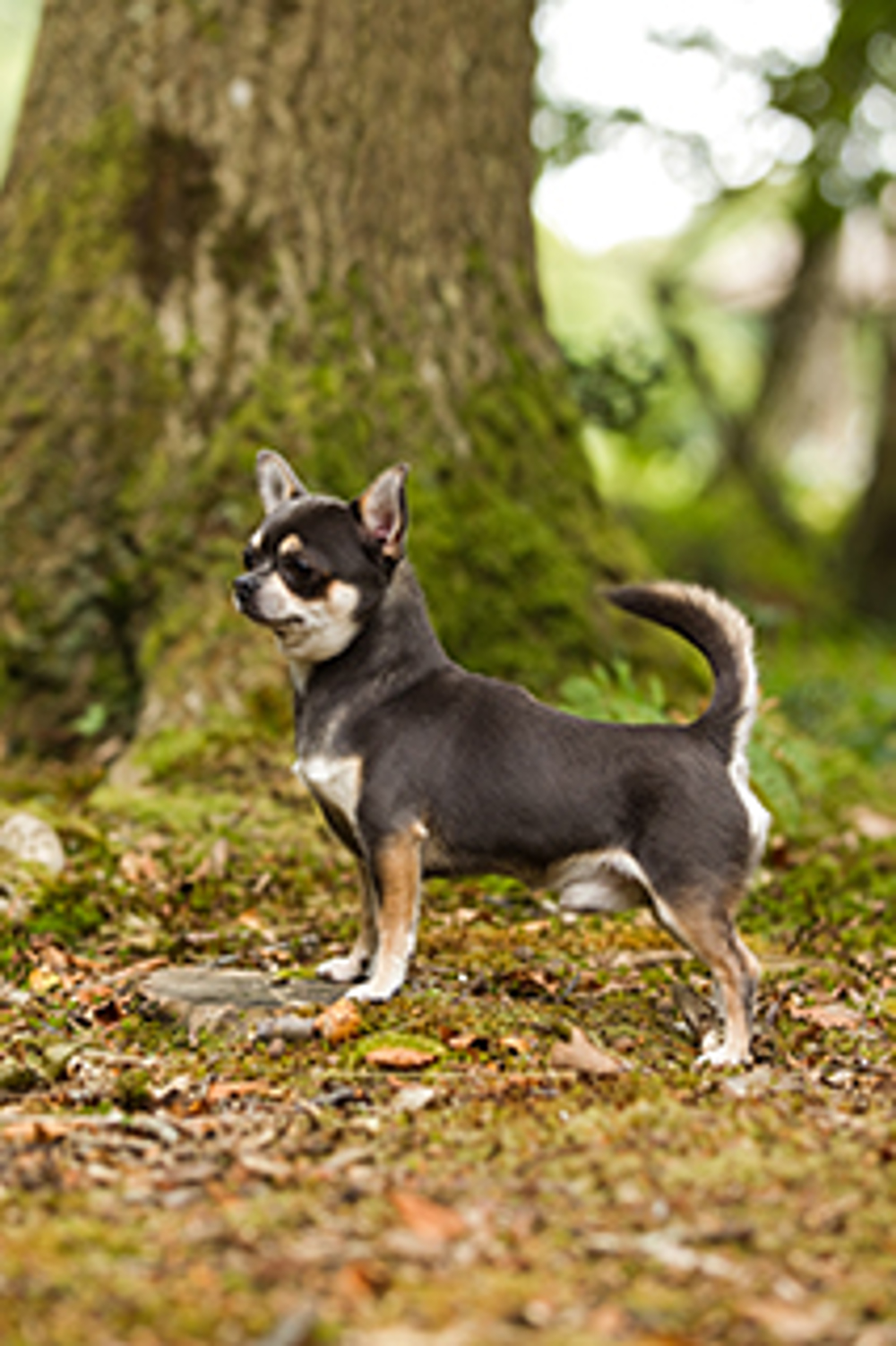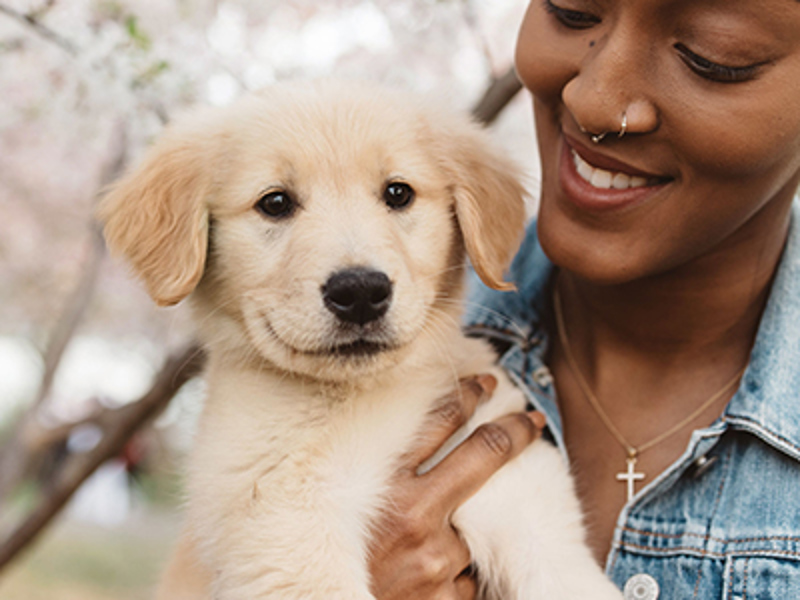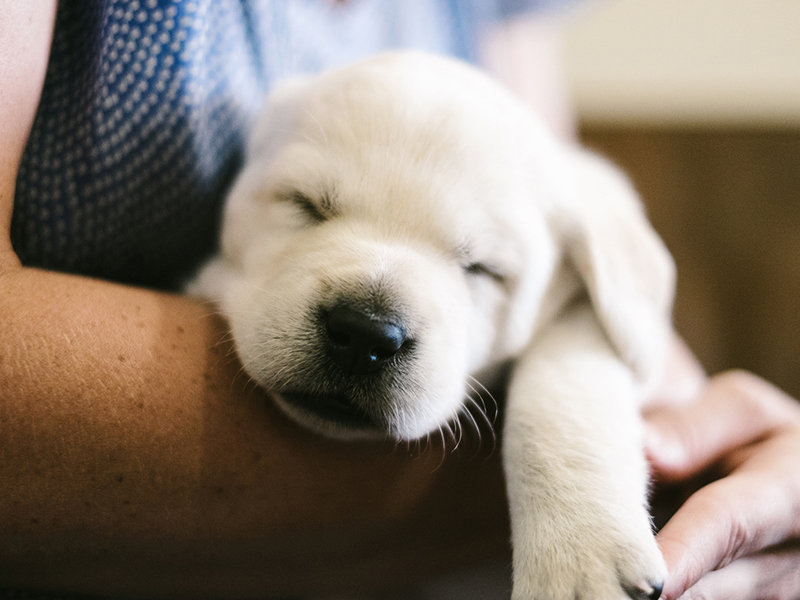
Chihuahua (Smooth Coat)
Breed characteristics
- Size
- Small
- Exercise
- Up to 30 minutes per day
- Size of home
- Flat/ Apartment
- Grooming
- Once a week
- Coat length
- Short
- Sheds
- Yes
- Lifespan
- Over 12 years
- Vulnerable native breed
- No
- Town or country
- Either
- Size of garden
- Small/ medium garden
About this breed
The smallest breed in the world takes its name from the Mexican state where it became fashionable in the late 19th Century. From there its popularity spread to America, and with the publicity gained through celebrity and film star owners the breed became a canine sensation. Bold and saucy in temperament, the breed comes in two varieties: the smooth coat and the long coat, and share the same physical attributes apart from coat type. Outgoing and confident, the Chihuahua has a huge personality in a tiny frame.
Images for this breed

Health
Whether you're considering buying a Chihuahua (Smooth Coat) puppy or breeding from your dog, it's important to understand the health issues that may affect the breed and how they can be managed or avoided.
Pre-breeding Health Screening
Best Practice schemes and tests
These tests address conditions that are still significant for the breed, though they might be less common or newly identified, and research is ongoing to determine their full impact
To support the breed’s health, responsible breeders should ensure they complete all tests in best practice.
- CM/SM screening using the KC/ BVA Chiari-like malformation/ syringomyelia (CM/SM) screening scheme
- Eye testing using the BVA/KC/ISDS Eye Scheme
This breed can be affected by conformational concerns, more information can be found her
Find out about a particular dog's results
Please visit our Health Test Results Finder to discover the DNA or screening scheme test results for any dog on The Kennel Club's Breed or Activity Register.
You can also view the inbreeding coefficient calculation for a puppy's parents, or for a dog you're thinking of breeding from.
DNA Testing Services
We don’t currently offer a breed-specific DNA testing package for this breed, but we have a wide selection of individual DNA tests available. To find out more and view our full selection, click here.
Breed Health & Conservation Plan
The Breed Health and Conservation Plans
Our breed health and conservations plans (BHCPs) use evidence and data to help us understand the health issues found in each pedigree dog breed. These plans help breeders and owners identify health and welfare problems and use information, health tests and health schemes to avoid passing on those problems to future puppies. They also support and provide breeders with tools and specialist expertise to help manage genetic diversity, understand the impacts of close breeding, and find the best ways to preserve the population of their breed.
Working together for the breed
We’ve worked with breed clubs and breed representatives to gather all available evidence to help us determine the priority concerns for the breed and decide how we can work together to manage and reduce these problems.
The full evidence base is available at the discretion of the breed clubs, however if you would like to seek access to the full report, please contact our health team.
More about health
Have any questions about health in your breed?
If you have any concerns about a particular health condition in your breed then you may wish to speak to your vet or you could contact your breed health co-ordinator.
Breed health co-ordinators are individuals working on behalf of breed clubs and councils who are advocates for the health and welfare of their chosen breed. They acts as a spokesperson on matters of health and will collaborate with The Kennel Club on any health concerns the breed may have.
To contact your breed health co-ordinator please email
Breed watch
Category 2
Particular points of concern for individual breeds may include features not specifically highlighted in the breed standard including current issues. In some breeds, features may be listed which, if exaggerated, might potentially affect the breed in the future.
Breeding restrictions
There are a number of The Kennel Club's rules and regulations that may prevent a litter from being registered, find out about our general and breed specific breeding restrictions below.
More about breeding
With effect 1 March 2007, The Kennel Club will no longer register merle puppies whelped from a mating on or after this date. This is because the merle gene in this breed carries an increased risk of impaired hearing and sight problems.
With effect 1 March 2009, The Kennel Club will no longer register puppies whelped from a merle parent, mated on or after this date. This is because the merle gene in this breed carries an increased risk of impaired hearing and sight problems.
With effect from 1 January 2013, The Kennel Club will not register puppies whelped from a merle to merle mating born on or after this date. This is due to associated health risks of impaired vision and hearing associated with the merle gene in this breed.
Chihuahua (Smooth Coat) parents may produce one or more Chihuahua (Long Coat) puppy in a litter. The option to register online is not available and must be submitted by post on a litter application form. A note should be made next to the relevant puppy or in the form of an accompanying letter.
Looking for a puppy?
Looking for a Chihuahua (Smooth Coat)? Explore our list of puppies and rescue dogs for sale near you.
More information

Need to find out more about a breed?
Use our Find a Club service where you can locate breed clubs that can offer support and advice.

Use our Find a Puppy service
The Kennel Club's Find a Puppy service provides contact details for breeders who have puppies available. Let's help you find your new best friend.

Get the best lifetime pet insurance
At Kennel Club Pet Insurance, we want you to focus on getting the best possible treatment for your dog without worrying about the cost.
